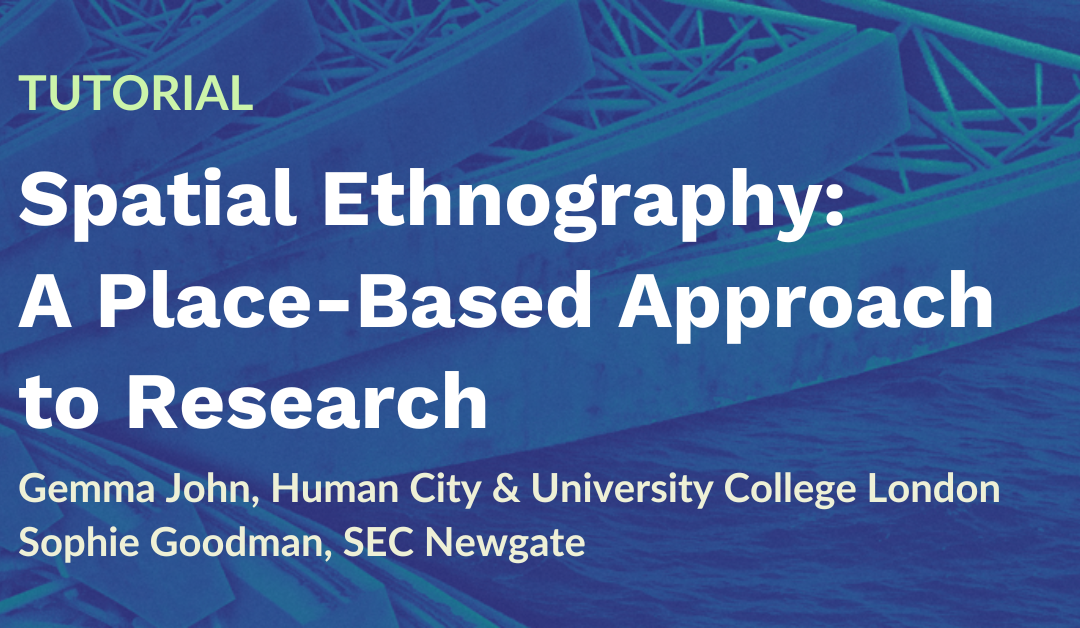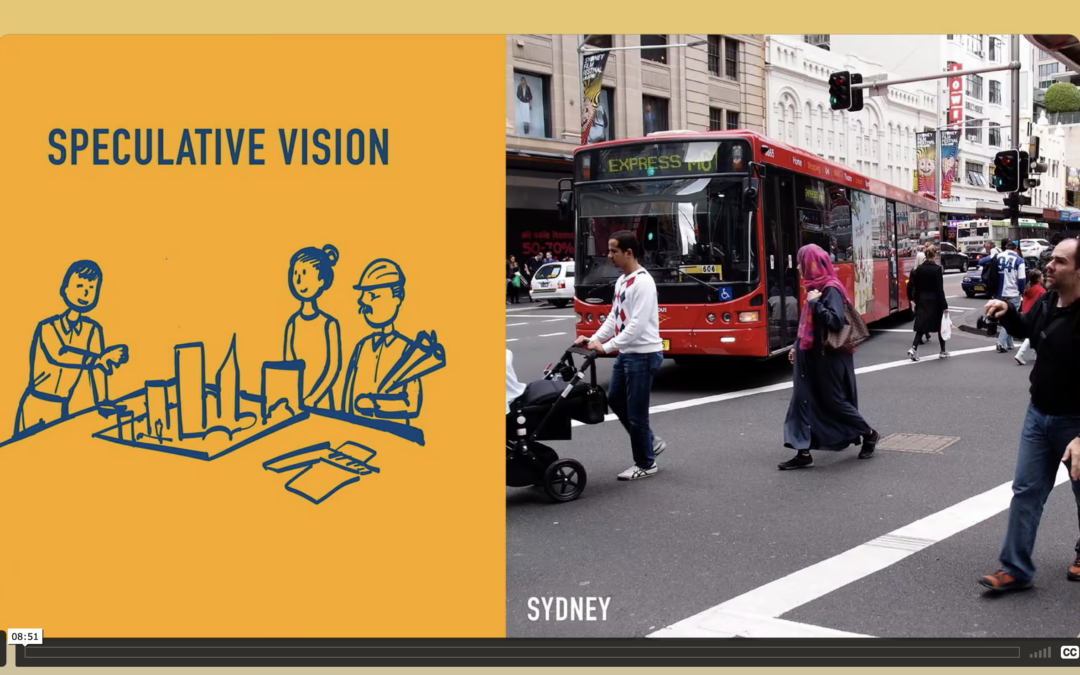Overview Understanding how people use and engage with their physical surroundings adds depth and dimension to your ethnographic analysis, enabling you to design better products and services. This tutorial...


Overview Understanding how people use and engage with their physical surroundings adds depth and dimension to your ethnographic analysis, enabling you to design better products and services. This tutorial...

In the last decade, Future Studies have developed a very important corpus of theory and methods aimed to analyze the future of cities. Meanwhile the world is confronted with major challenges like climate change, global pandemics, migration, inequality and poverty, government agencies, professional...